8 Expert-Approved Diet & Lifestyle Tips For PCOS
Avoid Processed Foods
Processed sugars and refined carbs are not the cornerstone of a healthy diet and should be given a particularly wide berth by PCOS sufferers. A key reason why PCOS leads to a variety of health issues is because it’s linked to insulin resistance (i.e. your cells can’t absorb glucose properly), which can lead to weight gain and type 2 diabetes. Studies have suggested managing insulin resistance through diet is even more effective than medication. “Every time you eat refined carbs, your blood glucose spikes, and with it, your insulin levels. In the presence of PCOS this is bad news – increased insulin levels trigger the production of male sex hormones, which trigger pretty much all PCOS symptoms. Cutting out white carbs in favour of brown rice, oats, quinoa and buckwheat can make a huge difference,” explains Dr Michael Mosley.
Up Your Omegas
Ensuring your diet is rich in omega-3 oils can help alleviate PCOS symptoms, according to recent research. As Dr Mosley explains, “Omega-3 oils come in three different forms: ALA, EPA and DHA. DHA, which is present in foods of marine origin, particularly oily fish, is biologically the most powerful strain. Non-vegetarians should aim to eat two to three servings of oily fish per week, while seaweed is a great source for veggies and vegans.” Studies also suggest omega-3s can help regulate periods, thus boosting fertility, a common problem in the PCOS world. One study found women with PCOS who were given three grams of omega-3s a day for eight weeks had lower testosterone levels and were more likely to have a regular period than women who received a placebo supplement.
Curb Cravings
Carb cravings are commonly reported in women with PCOS, which could be linked to constant changes in blood glucose levels. Eating regular meals throughout the day can help to keep blood sugar on an even keel, while high fibre foods, protein and healthy fats can help boost feelings of satiety. “If faced with a low or full-fat option, always choose the latter. Low fat generally means all the good stuff has been removed and replaced with sugar and nasty additives. Full-fat options will keep you fuller for longer,” advises Dr Mosley.
Take A Supplement
Studies show women with PCOS are prone to nutritional deficiencies. As Dr Shabir Daya, pharmacist and co-founder of Victoria Health, explains, “If you suffer from PCOS, you may be lacking in vitamin D3, some B vitamins and calcium. B vitamins are particularly important as they convert your ‘used’ hormones into harmless compounds, whilst a calcium deficiency may be directly linked to a lack of vitamin D3. If you do have PCOS, I would advise taking a quality food-state multivitamin such as Alive Once Daily Multivitamin.”
Try Herbs
As Dr Daya explains, there is no cure for PCOS, but herbal supplements can help minimise the impact the condition has on the body. “Milk thistle is a good place to start if you suffer from PCOS. This is because many menstrual and fertility issues are exacerbated by the back-up of hormones within the liver. Milk thistle can help to eliminate toxins and keep the liver working efficiently. Chaste berry (also known as Vitex or Agnus Castus) is another well-known herb often used for hormonal imbalances while Saw Palmetto Berry can help too. Incredible studies have also been carried out with Myo-Inositol and Folic acid powder in the treatment of PCOS and are well worth a try, especially when it comes to ovulation, metabolic health, fertility and weight control,” he explains.
Supercharge Your Sleep
“Many women with PCOS suffer from disturbed sleep,” says Dr Daya. “If this is you, try having a warm bath in the evening with magnesium flakes; avoid sugary snacks before bedtime; set your thermostat to no higher than 20 degrees; and consider taking a supplement that will aid sleep without disrupting hormones, such as Life Extension’s Herbal Sleep PM.”
Lose A Couple Of Pounds
“If you are overweight, losing 5%-10% of your body weight can make a huge difference when it comes to reducing insulin resistance, which could lessen your risk of type 2 diabetes,” explains Dr Mosley. “Insulin resistance is present in 30% of non-obese people with PCOS and 75% of those who are obese. Because insulin is necessary to transport glucose into muscle cells, a body that is insulin resistant will, in compensation, produce excessively high levels of insulin. As the cycle of insulin resistance spirals out of control, the body eventually loses its ability to regulate blood sugar, leading to type 2 diabetes, which is 10 times more prevalent in PCOS sufferers.”
Get Fit
Exercise alone won’t cure PCOS, but hitting the gym can help you to manage symptoms. Moderate-intensity workouts (at least 30 minutes, three days a week) have been proven to reduce insulin resistance and aid weight loss. Dr Mosley is a strong advocate of exercise when it comes to helping PCOS, recommending a combination of cardio and resistance sessions as well as “incidental exercise” too, such as taking the stairs instead of the lift and taking regular screen breaks from your computer throughout the day.
Give your hormones a helping hand with these expert-approved supplements…
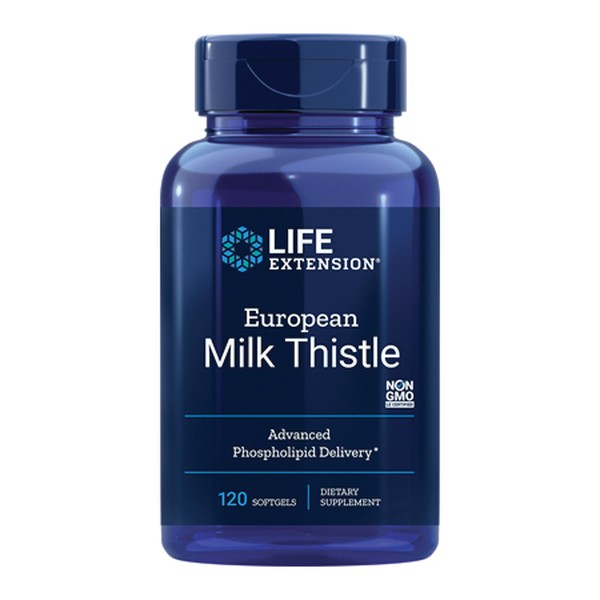

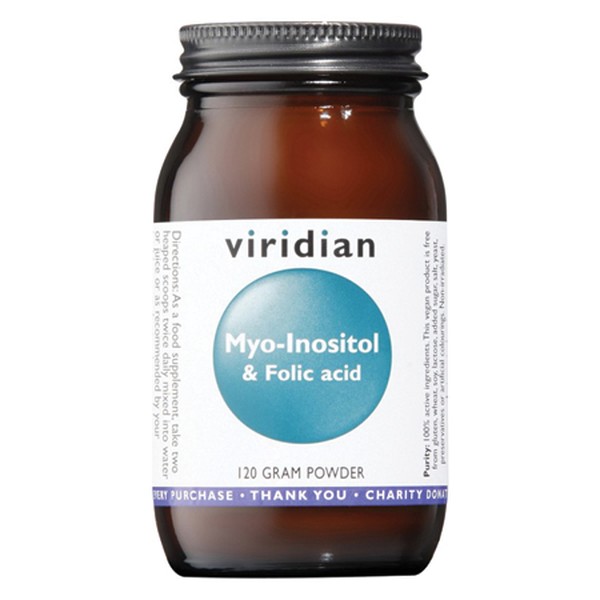
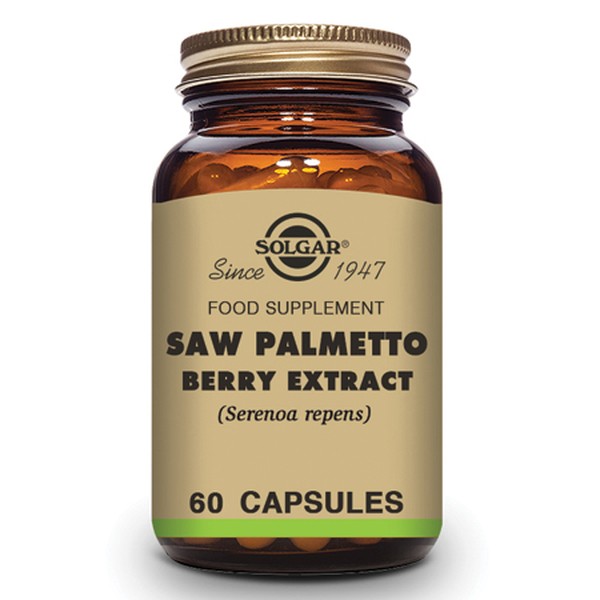
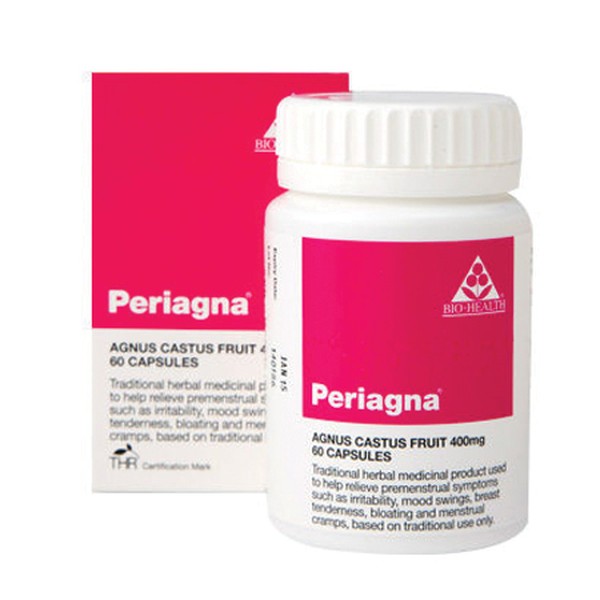
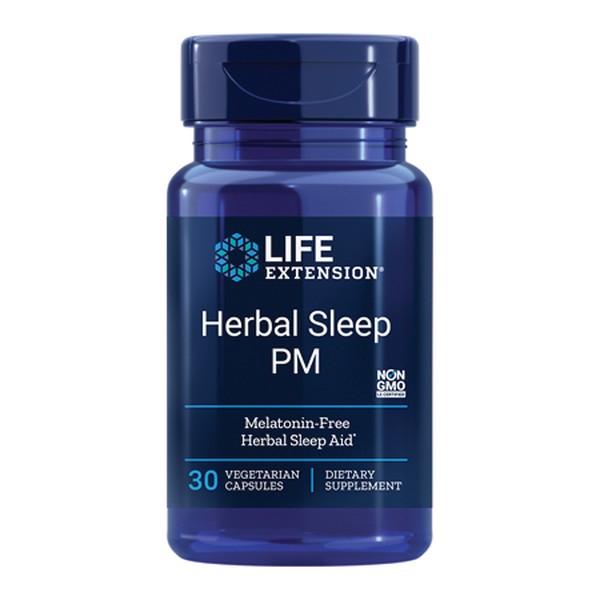
Read the NHS’ official advice on PCOS and click here for more information on Dr Mosley’s fasting programme if you are interested in healthy, sustainable weight loss.
DISCLAIMER: We endeavour to always credit the correct original source of every image we use. If you think a credit may be incorrect, please contact us at info@sheerluxe.com.


